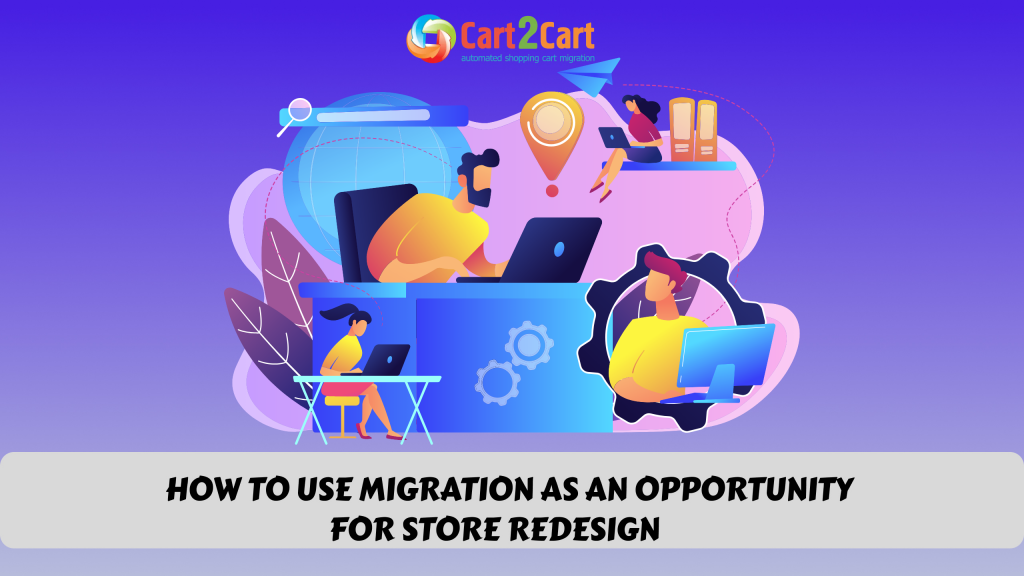
When it comes to building a website, two names often come to the forefront: Squarespace and WordPress. Each platform offers unique features and benefits that cater to different user needs. In this article, we will explore the key differences and similarities between Squarespace and WordPress, helping you make an informed choice for your website.
Overview of Squarespace and WordPress
Squarespace and WordPress are two popular website builders, each with its unique features and advantages. Squarespace offers ready-made templates and an intuitive interface, making it an ideal choice for beginners and those looking to launch a website quickly with minimal technical knowledge. In contrast, WordPress is a more flexible and powerful platform suitable for users who need higher customization and functionality. It supports a wide range of WordPress themes and plugins, allowing for the creation of websites of any complexity, from simple blogs to intricate corporate portals. However, WordPress requires more time to learn and manage compared to the more straightforward and user-friendly Squarespace.
What is Squarespace?
Squarespace is a website builder that allows users to create and manage websites using customizable templates. It is known for its user-friendly interface and beautiful design options. Squarespace is a closed-source platform, meaning that users do not have access to the underlying code, which simplifies the building process but limits customization options.
What is WordPress?
WordPress, on the other hand, is an open-source content management system (CMS) that powers a significant portion of the web. With WordPress, users have full control over their websites, including access to the code, a vast array of plugins, and extensive customization options. This flexibility makes WordPress suitable for both beginners and advanced users. Additionally, users can choose from a wide variety of WordPress theme to enhance their website's appearance and functionality.
Key Features Comparison
When it comes to building a website, Squarespace and WordPress offer different features that cater to varying user needs. A Squarespace site is renowned for its user-friendly interface and pre-designed templates, allowing users to quickly create stylish and professional-looking sites. The drag-and-drop content editor simplifies the process, making it an excellent choice for those without technical expertise. In contrast, WordPress sites provide greater flexibility and customization options through its extensive library of plugins and themes. This platform is ideal for more complex projects requiring tailored solutions. However, using WordPress may demand more time for setup and learning, an essential factor to consider when choosing between these two website builders.
1. Ease of Use
Squarespace website offers a drag-and-drop interface, making it easy for users to build and manage their sites without any coding knowledge. The setup process is straightforward, allowing users to choose a template, customize it, and publish their site quickly.
The WordPress editor has a steeper learning curve, especially for those unfamiliar with web development. However, once users grasp the basics, they can leverage numerous resources, plugins, and themes to enhance their sites. The flexibility of WordPress can be a double-edged sword, as it requires more time and effort to set up and manage.
2. Design and Templates
Squarespace is renowned for its visually stunning templates that are mobile-responsive and professionally designed. The platform emphasizes aesthetics, making it an excellent choice for creatives and businesses focused on showcasing their work.
WordPress themes offer a vast library, ranging from free to premium options. While there are many beautiful designs available, the quality can vary. Users can also create custom themes or hire developers to build unique designs, providing more flexibility for those with specific design requirements.
3. Customization and Flexibility
In the Squarespace vs WordPress debate, customization is a significant differentiator. Squarespace allows for some customization through its settings and CSS options, but it is generally limited compared to WordPress.
WordPress shines in this area, offering thousands of plugins that enable users to add various functionalities to their sites. Whether you need an e-commerce solution, SEO tools, or social media integration, WordPress has a plugin for that. The open-source nature also means developers can create custom solutions tailored to specific needs, with a vibrant WordPress community available for support.

4. SEO Capabilities
Both platforms have SEO features, but WordPress is generally regarded as superior in this aspect. WordPress provides a wealth of SEO plugins, like Yoast SEO and All in One SEO Pack, allowing users to optimize their content effectively.
Squarespace includes basic SEO tools, such as customizable meta tags and image alt text. However, it lacks the advanced capabilities and extensive plugins that WordPress offers, which may limit its effectiveness for users aiming for high search engine rankings.
5. E-Commerce Functionality
For those looking to create an online store, both platforms provide e-commerce solutions.
Squarespace includes e-commerce functionality as part of its standard offerings, making it easy for users to sell products and manage transactions without needing additional plugins. However, its features can be limited compared to specialized e-commerce platforms.
WordPress, combined with plugins like WooCommerce, provides a robust e-commerce solution. Users can customize their online stores extensively, manage inventory, and integrate with various payment gateways. This flexibility makes WordPress a preferred choice for serious online retailers, especially when paired with reliable WordPress hosts.
6. Pricing Structure
When comparing Squarespace vs WordPress, pricing can be a decisive factor. Squarespace operates on a subscription model, with monthly fees that vary depending on the plan selected. While the pricing includes hosting, templates, and support, users should be aware of the potential for additional costs, such as transaction fees for e-commerce.
WordPress itself is free to use, but users must pay for hosting, domain registration, and any premium themes or plugins they choose. While this may seem more complex, it often results in lower overall costs for users who can leverage free resources and manage their expenses effectively.
Pros and Cons of Squarespace and WordPress
Squarespace
|
Pros |
Cons |
|
User-friendly interface |
Limited customization |
|
Beautiful templates |
Less flexibility |
|
All-in-one platform |
Monthly fees |
|
Built-in e-commerce features |
Basic SEO capabilities |
WordPress
|
Pros |
Cons |
|
Highly customizable |
Steeper learning curve |
|
Extensive plugin library |
Requires separate hosting |
|
Strong SEO capabilities |
Potential for security issues |
|
Large community support |
Maintenance responsibility |
Squarespace vs WordPress: Which is Right for You?
Deciding between Squarespace vs WordPress ultimately depends on your specific needs and technical skills. Here are some considerations:
Choose Squarespace if:
- You want a straightforward, user-friendly experience.
- You prioritize beautiful design and templates.
- You need a quick solution for a personal or business website without extensive customization.
Choose WordPress if:
- You seek flexibility and control over your website.
- You require advanced features and customization.
- You plan to scale your website or add e-commerce capabilities.

FAQ
What is the main difference between Squarespace and WordPress?
The primary difference between Squarespace and WordPress lies in their approach to website building. Squarespace is a closed-source platform that offers a user-friendly, drag-and-drop interface with beautiful, pre-designed templates. It is ideal for users who prioritize design and ease of use. In contrast, WordPress is an open-source content management system that provides extensive customization options through WordPress themes and WordPress plugins, making it suitable for users who need more control and flexibility over their WordPress websites.
Which platform is better for e-commerce?
While both Squarespace and WordPress offer e-commerce capabilities, WordPress, particularly when paired with the WooCommerce plugin, provides a more robust and flexible solution for online stores. A WordPress website allows for extensive customization of product listings, payment options, and inventory management. Squarespace has built-in e-commerce features that are easy to use, making it suitable for smaller stores or those who want a straightforward setup. However, for larger or more complex e-commerce sites, WordPress is often the better choice.
Is it difficult to switch from Squarespace to WordPress?
Transitioning from Squarespace to WordPress can be challenging but manageable. The process typically involves exporting content from Squarespace and importing it into a WordPress site. While text and images can be transferred, some formatting and design elements may not carry over seamlessly. Additionally, users will need to find new WordPress themes and WordPress plugins to replicate their Squarespace site's functionality. It’s advisable to back up your existing site and consider hiring a professional if you’re unfamiliar with the technical aspects of website migration.


 March 31, 2025
March 31, 2025 


